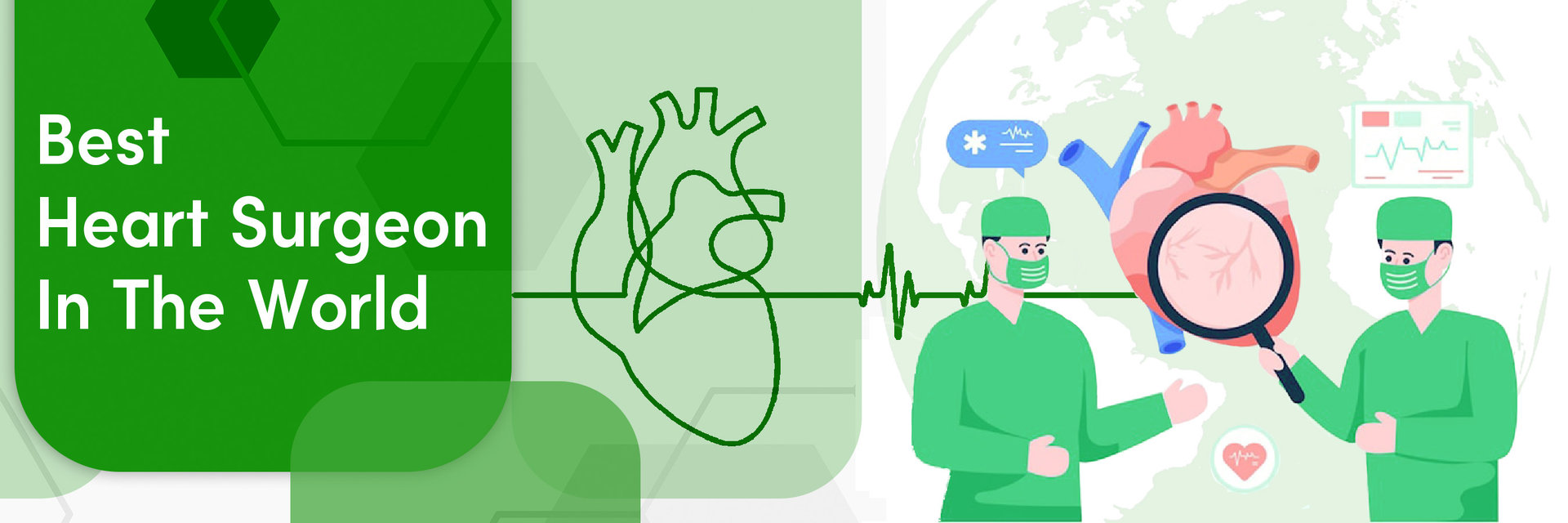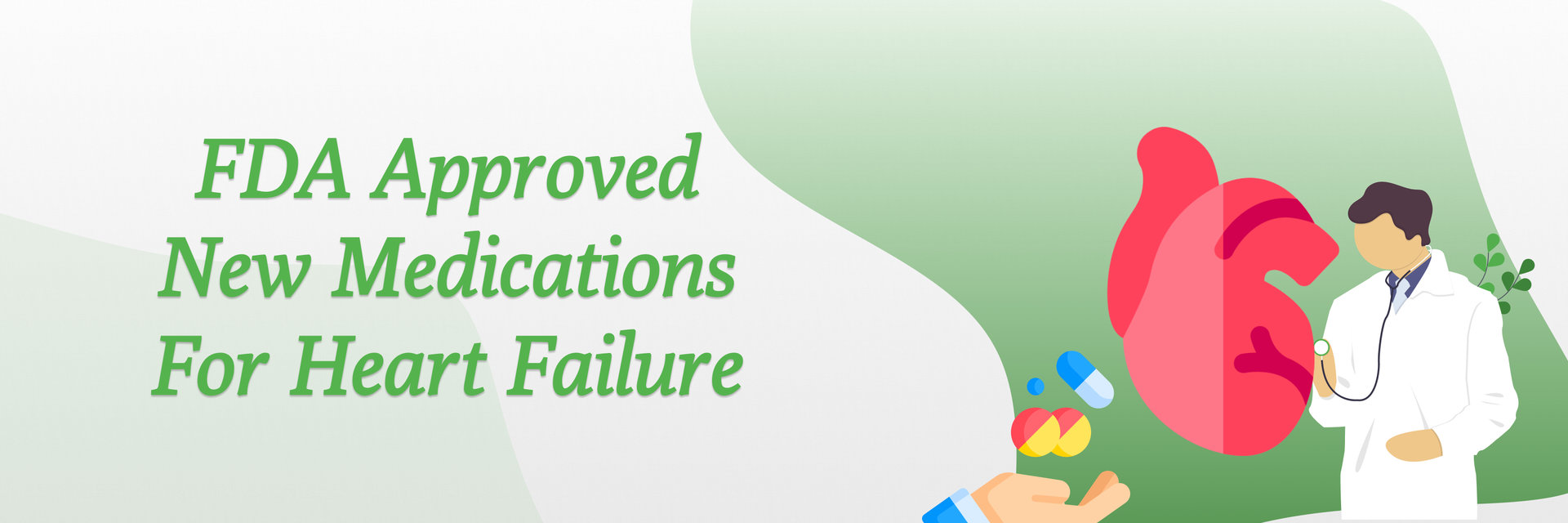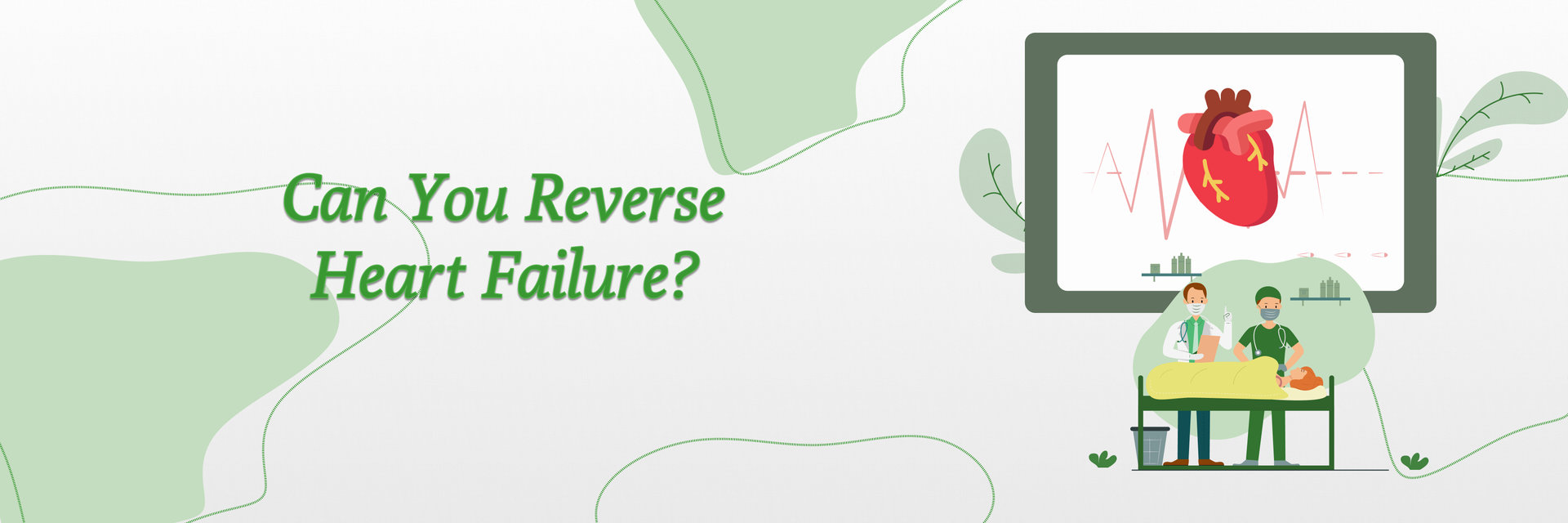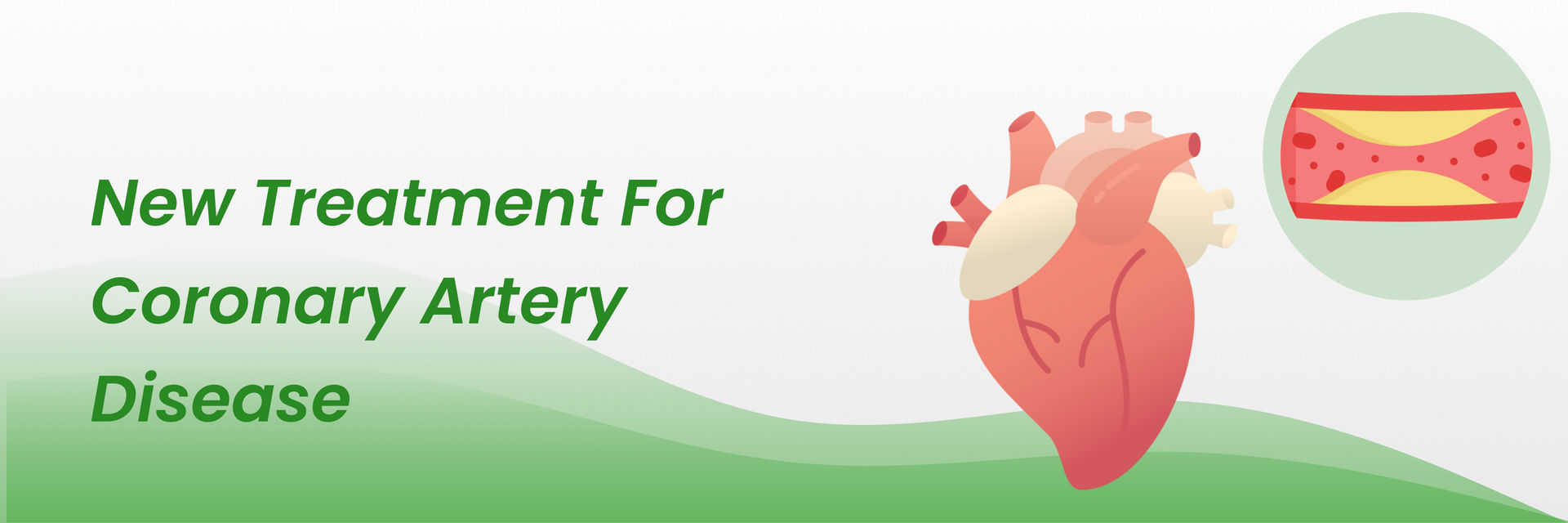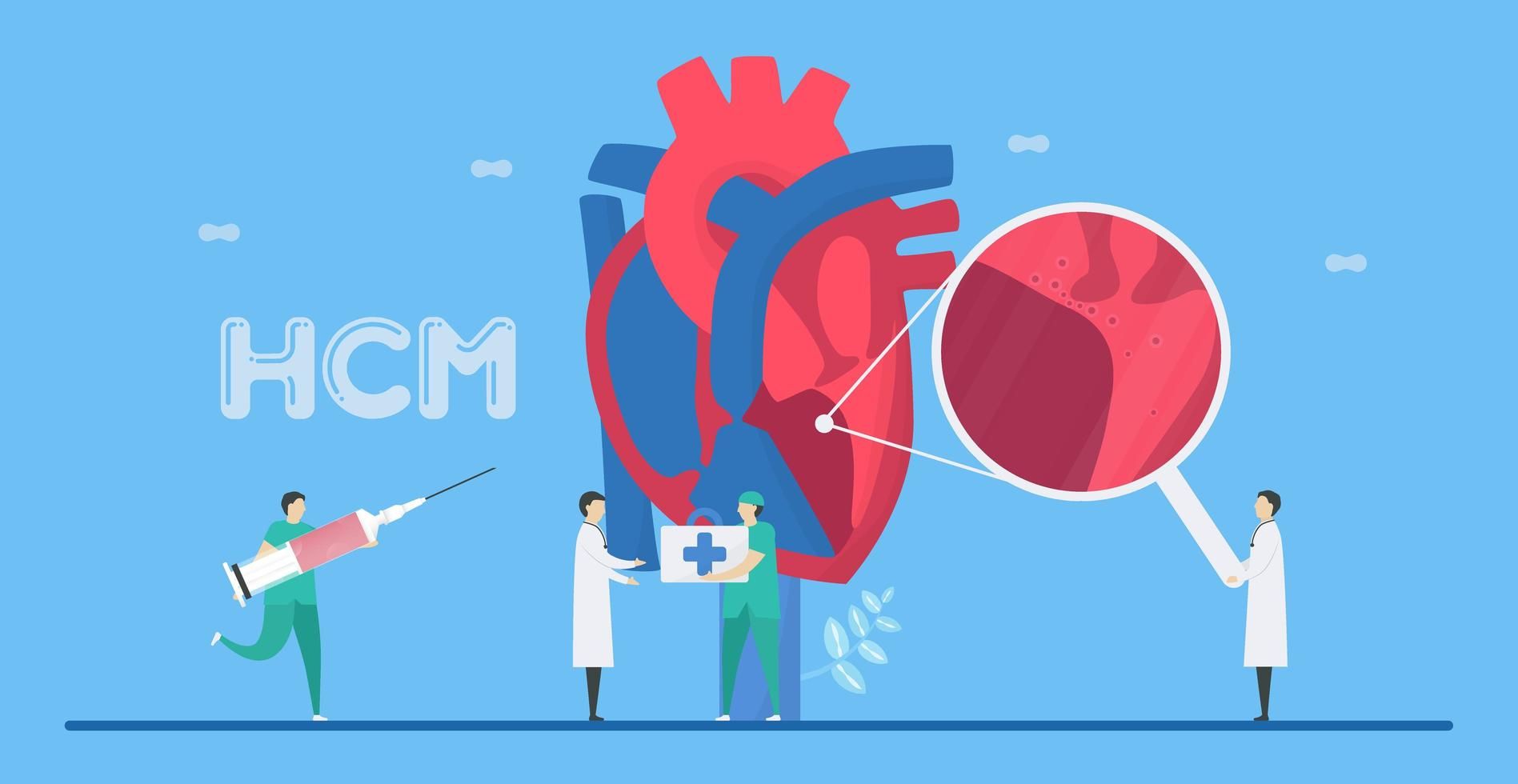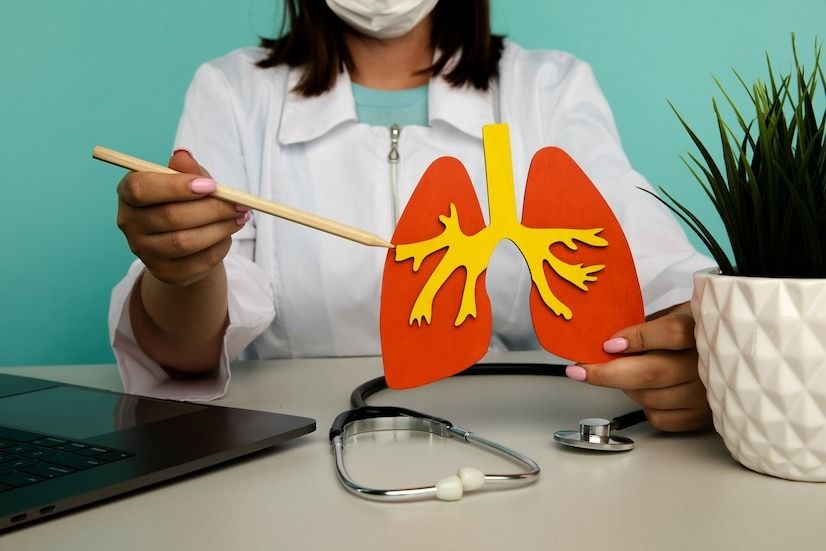The latest WHO reports, May 2023, state that global cardiovascular deaths have surged by 60% in the last 30 years. According to a report from the World Heart Federation (WHF), these numbers jumped globally from 12.1 million in 1990 to 20.5 million in 2021. They contributed to about 1/3rd or about 32% of the total global deaths. Amongst these, 28% died from a stroke or heart attack.
Bypass surgery is the most commonly performed heart surgery, with over 4,00,000 surgeries being performed worldwide annually. In India, about 60,000 bypass surgeries are done every year with a success rate of 98%. The risk of complications is only about 10%. Some of the common problems seen after your bypass could be chest pain, infection, fatigue, breathlessness, depression or anxiety. But the most common one is chest pain.
Now you must be anxious to know is it normal for you to experience chest pain after 1 year after bypass surgery?
And the answer is…Yes, you can experience chest pain even after 1 year of bypass surgery. There must be some possible causes for it. Let's check that in detail.
Take charge of your health and your life. Contact us today!
What causes Chest Pain 1 Year Post Bypass Surgery?
A few possible causes of chest pain 1 year after bypass surgery could be:
- Graft stenosis: This refers to the narrowing of the graft which was used to bypass the blocked coronary artery. It can cause chest pain, shortness of breath, and symptoms similar to angina.
- Pericarditis: This is the inflammation of the lining around the heart. It could cause chest pain and fever.
- Musculoskeletal pain: The incision at the surgical site can cause pain. Other muscles in the chest area could also get injured during surgery or recovery, causing chest pain.
- Myocardial ischemia
- New blockages: If they develop, they could cause chest pain.
- Pneumonia
- Anxiety or stress: Anxiety or stress can cause chest pain. They trigger the release of stress hormones, which can narrow the blood vessels and cause chest pain.
- Incomplete relief: From angina symptoms
- Other heart problems: like artery spasms, valve issues
- Non-cardiac causes like gastric reflux or acidity

When to Seek Medical Help for Chest Pain 1 year Post Bypass?
You should seek immediate medical attention if the pain is:
- Sudden and severe.
- No relief was seen by medication or rest.
- You show other symptoms like shortness of breath, nausea, or lightheadedness.
- If your chest pain is new or different from that experienced before surgery
- If your pain radiates to the left arm, shoulder or neck
Other symptoms you should check for are:
- Fever.
- Chills.
- Redness, swelling, or drainage from your incision.
- Pain, swelling, or redness in the arm or leg where the graft was taken.
- Shortness of breath.
- Lightheadedness or dizziness.
- Nausea or vomiting
- Unexplained Fatigue
- Sweating.
If you see any of these symptoms, immediately see your doctor. These symptoms could indicate a serious medical condition, like heart attack, infection, or blood clot. Sometimes, chest pain can be caused by anxiety, stress, indigestion, or muscle strain. However, you should seek a cardiologist if you experience chest pain after 1 year of bypass surgery.
Take the first step to recovery. Get in touch with us for your treatment.
What diagnostic tests may be done to assess chest pain 1 year after bypass surgery?

The diagnostic tests depend on your symptoms and medical history. Some of the tests are:
- Electrocardiogram (ECG): ECG measures the electrical activity of the heart. It identifies heart problems, like heart attack or arrhythmia.
- Echocardiogram: This uses sound waves to create the images of your heart. It helps to identify problems with your heart valves, chambers, muscles or blood flow.
- Stress test: It measures how the heart responds to exercise. You may walk on the treadmill or be given a medication that simulates the effects of exercise. It identifies the blockages in the coronary arteries.
- Cardiac catheterization: The X-rays show how the dye flows through the heart. It looks for blockages in the coronary arteries and measures the pressure in the heart chambers. Helps in assessing if you would require an angioplasty or stenting.
- Chest X-ray: The images of the lungs and heart can identify their problems. It could be pneumonia or an enlarged heart. It can also tell you if the chest pain is due to non-cardiac causes like bone issues.
- Blood tests: They measure the levels of certain proteins and enzymes, which the damaged heart releases into the bloodstream. They can diagnose a heart attack or other heart-related problems.
- Coronary angiography: A contrast dye is injected into the coronary arteries and your resulting angiograms are checked for blockages or narrowing of blood vessels.
- Cardiac MRI/ CT Angiography: It provides detailed images of the heart and blood vessels. This helps to check any issues with your blood flow or structural abnormalities.
- Holter-Monitor/Event Recorder: It records the electrical activity of the heart over an extended time period. It accurately detects irregular heart rhythms.
- Nuclear Stress Test: A stress test with the injection of a radioactive tracer creates images of blood flow in the heart muscle. It shows the blood flow irregularities.
Can anxiety contribute to chest pain 1 year after bypass surgery?
Yes, anxiety can contribute to your chest pain, even after one year of surgery. Anxiety is a feeling of constant worrying, nervousness, or unease. It can be caused by factors, like stress, fear, and experiences. If you become anxious, your body releases hormones that cause physical symptoms, such as chest pain. Chest pain is a common symptom of anxiety. You feel tightness, pressure, or squeezing in the chest. The pain could be mild or severe and can be irregular. Also, do remember that your chest pain could be due to something as serious as a heart attack.
If your cardiologist determines that your chest pain is due to anxiety, then he may recommend treatment by medications or therapy.
Here are some ways to take care of your anxiety and reduce the risk of chest pain:
- Exercise regularly
- Get enough sleep
- Practice relaxation techniques like deep sleep
- Medication techniques to calm the body and mind.
- Talking to your therapist
- Taking antianxiety medications, if required
What lifestyle changes can help reduce the risk of chest pain 1 year after bypass surgery?

Some of the lifestyle changes that you can adopt are:
- Quit smoking as it is one of the major risk factors for heart disease.
- Avoid alcohol consumption, as it can raise both blood pressure and cholesterol.
- Get enough sleep
- Manage hypertension. High blood pressure can damage your arteries and make pumping of blood difficult.
- Monitor diabetes
- Check cholesterol levels. High cholesterol can damage your arteries and increase your risk of heart disease.
- Eat a healthy diet. Low on saturated fat, trans fat, cholesterol, and sodium. High on fruits, vegetables, and whole grains.
- Regular physical exercise, to stay active
- Manage stress. Stress and anxiety can contribute to chest pain.
- Lose weight if you are overweight
- Stay informed about heart disease and their symptoms

What can you do to prevent chest pain 1 year after bypass surgery?
Some tips by which you can prevent chest pain 1 year after the surgery are:
- Take the medicines as prescribed by your heart surgeon.
- Change any medicine that causes chest pain as a side effect (doctor's advice must be in that case)
- Exercise regularly to manage weight and blood pressure, as excess weight can put a strain on your heart.
- Manage your stress and anxiety levels
- Quit smoking
- Limit alcohol consumption
- Get adequate sleep
- Follow dietary recommendations like reducing saturated fats and salt intake.
Your well-being is our priority - call us to book your appointment today.
References:

